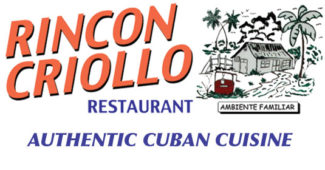 |
 Tony Moschella spent 32 years as a School Psychologist, and started University College Advisors to polish student profiles through college interest and major assessment, essay and interview prep, college list building, financial aid review and college admissions guidance. Cell: 516-443-5192. www.UniversityCollegeAdvisors.com UniversityCollegeAdvisors@gmail.com |
|
According to the National Center for Education Statistics, there are presently over 3,000 4-year colleges in the U.S. With such a large volume of schools to choose from, how can a prospective college student begin to distill the monumental amount of information related to these offerings? One solution is drawn not from a focus on schools and their particular merits, but rather on a clear and honest personal assessment of a student’s motivations, aspirations, personality and preferences. In essence, the college search is less school-centered and more student-oriented with regard to finding the proper fit. Establishing a compass that relies on a laser-sharp student profile acts as the most effective guide to uncovering a personalized college list. • What am I interested in? Which academic subjects have I enjoyed and excelled in? To add a systematic approach, a formal interest inventory can highlight preferences and their connection to college majors and professional careers. Formal interest inventories, such as The Strong Interest Inventory, have an extensive history of connecting-the-dots with respect to pointing students towards a college major and course of study that correlates to their preferences. Given that college students are apt to change their major, some multiple times, it works to their advantage to identify the link between their personal preferences and those of students who have already pursued and fulfilled requirements within specific college majors. Taking this vital step removes some of the trial-and-error that occurs on college campuses as students try to navigate academic disciplines in search of a desirable major. Equally important is the information gained that helps target specific colleges and rule out others based on program availability. Resource: U.S. Department of Education, National Center for Education Statistics. (2016) |
|












 20 lucky winners will win $500 each in prizes totaling $10,000.
20 lucky winners will win $500 each in prizes totaling $10,000. 